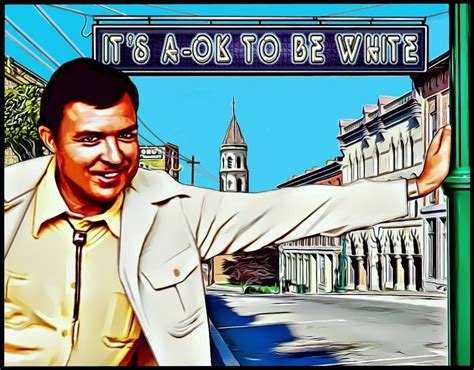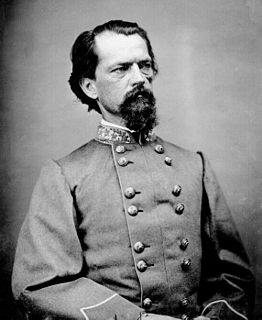A Quote by Frederick Douglass
It was a glorious resurrection, from the tomb of slavery, to the heaven of slavery. My long-crushed spirit rose, cowardice departed, bold defiance took its place; and I now resolved that, however long I might remain a slave in form, the day had passed forever when I could be a slave in fact.
Related Quotes
There was no place in the land where the seeker could not find some small budding sign of pity for the slave. No place in all the land but one - the pulpit. It yielded last; it always does. It fought a strong and stubborn fight, and then did what it always does, joined the procession - at the tail end. Slavery fell. The slavery texts in the Bible remained; the practice changed; that was all.
All you have to do is go back to slavery - days, and there were two types of slaves, the house slave and the field slave. The house slave was the one who believed in the master, who had confidence in the master and usually was very friendly with the master. And usually he was also used by the master to try and keep the other slaves pacified.
I can't say with certainty that slavery would have ended more quickly and more completely if the South had been allowed to leave and escaped former slaves had been allowed to remain free, and the North and the rest of the world had been a positive influence on the South. However, it's certainly a possibility that it would have ended sooner if the southern slave owners had agreed to a system of compensated emancipation and freed the slaves without a war and without secession, as most nations that ended slavery did. That absolutely would have been preferable to the Civil War as it happened.
As for the South, it is enough to say that perhaps eighty per cent. of her armies were neither slave-holders, nor had the remotest interest in the institution. No other proof, however, is needed than the undeniable fact that at any period of the war from its beginning to near its close the South could have saved slavery by simply laying down its arms and returning to the Union.
As for slavery, there is no need for me to speak of its bad aspects. The only thing requiring explanation is the good side of slavery. I do not mean indirect slavery, the slavery of proletariat; I mean direct slavery, the slavery of the Blacks in Surinam, in Brazil, in the southern regions of North America. Direct slavery is as much the pivot upon which our present-day industrialism turns as are machinery, credit, etc. … Slavery is therefore an economic category of paramount importance.



































